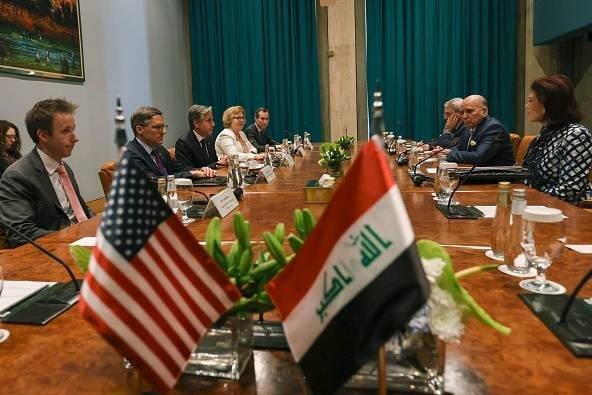NOVANEWS
http://theuglytruth.wordpress.com

By Ali Gharib
December 15 2011″ThinkProgress” — Last night, the House of Representatives passed H.R. 1905, The Iran Threat Reductions Act (PDF), by a 410 to 11 margin. The bill strengthens and requires the president to impose existing sanctions against Iran, but also contains a provision which constrains the administration should it seek to diplomatically engage the Islamic Republic.
The provision in Section 601(c), proposed by Rep. Ileana Ros-Lehtinen (R-FL) and added to the bill in her House Foreign Affairs Committee, says:
No person employed with the United States Government may contact in an official or unofficial capacity any person that…is an agent, instrumentality, or official of, is affiliated with, or is serving as a representative of the Government of Iran, and… presents a threat to the United States or is affiliated with terrorist organizations.
Yesterday, the White House also dropped a veto threat on a defense bill that includes sanctions aimed at Iran’s central bank. Taken together, said the National Iranian American Council (NIAC), a group that advocates diplomacy, the moves “represent a major step in the wrong direction for the United States’ Iran policy.” Policy director Jamal Abdi said, “By working to take diplomatic options off the table, the House is putting restrictions on the only tool available to prevent a nuclear Iran and prevent a disastrous military confrontation.”
Despite a waiver in the Threat Reduction Act that allows the president to suspend the ban when U.S. national security is at stake, the provision faced criticisms from advocates of engagement. Last week, 26 liberals groups sent a letter to Congressopposing the measure.
In November, former U.S ambassadors Thomas Pickering and William Luers wrote that this “preposterous law” barring contacts defies Sun Tzu’s famous maxim by “mak[ing] it illegal for the U.S. to know its enemy.” Noting that there have been virtually no contacts with Iran since the country’s 1979 Islamic Revolution, the two elder statesmen observed:
That ignorance of this powerful adversary dangerously weakens our ability to know how to achieve U.S. objectives and protect U.S. interests.
The most successful practitioners of Sun Tzu’s counsel have found that the more one knows about the adversary, the more likely it is that war can be won or, better yet, avoided altogether.



